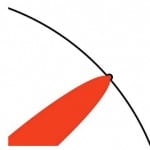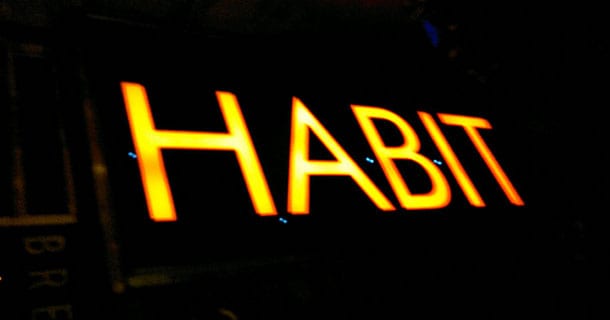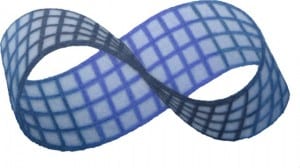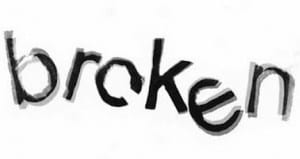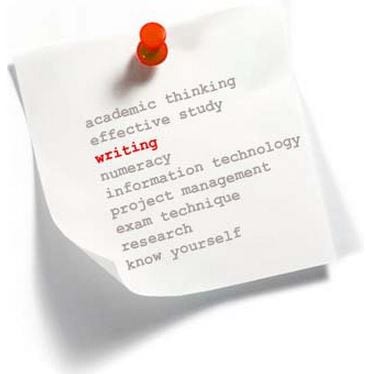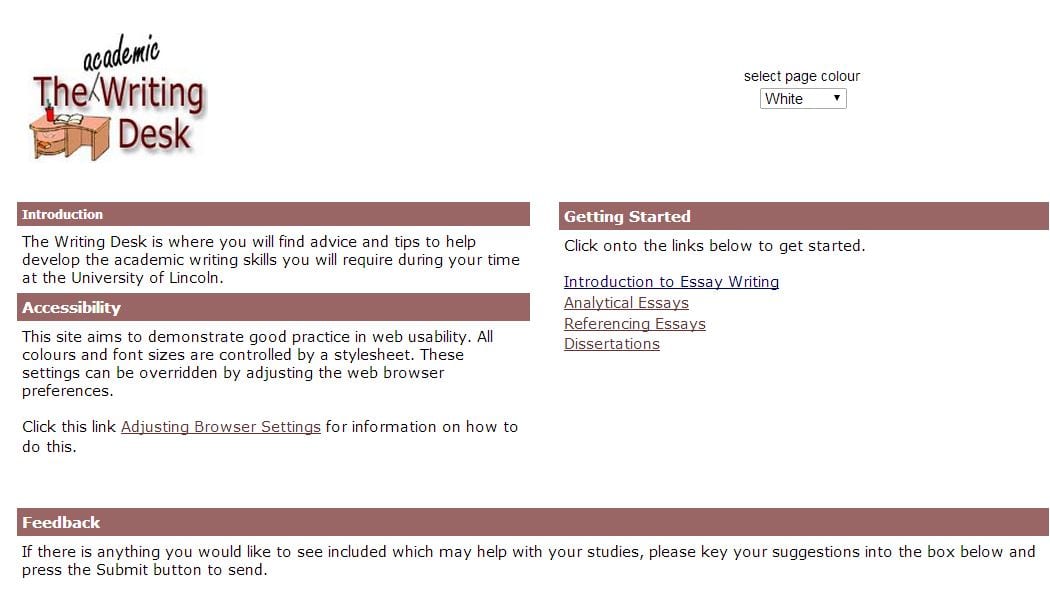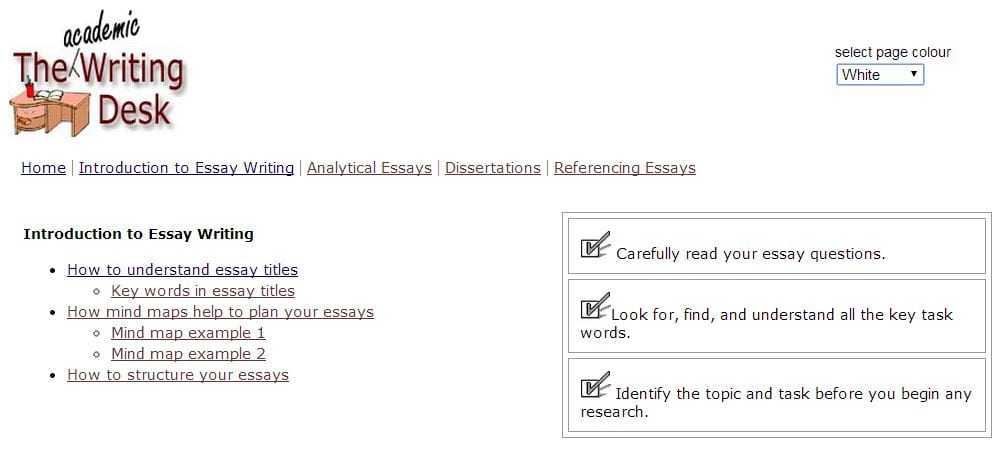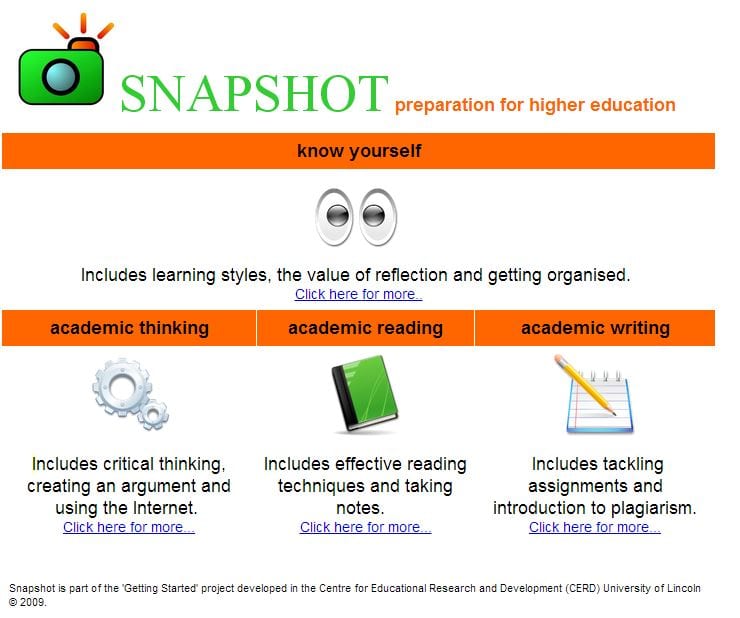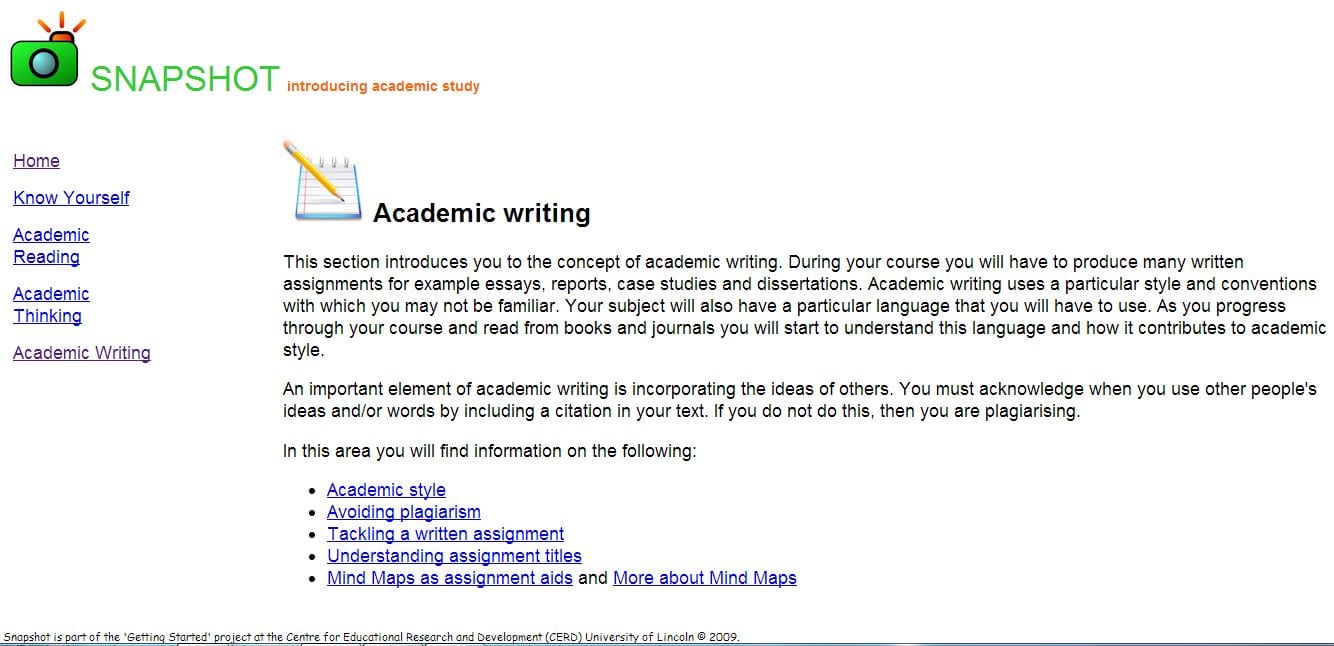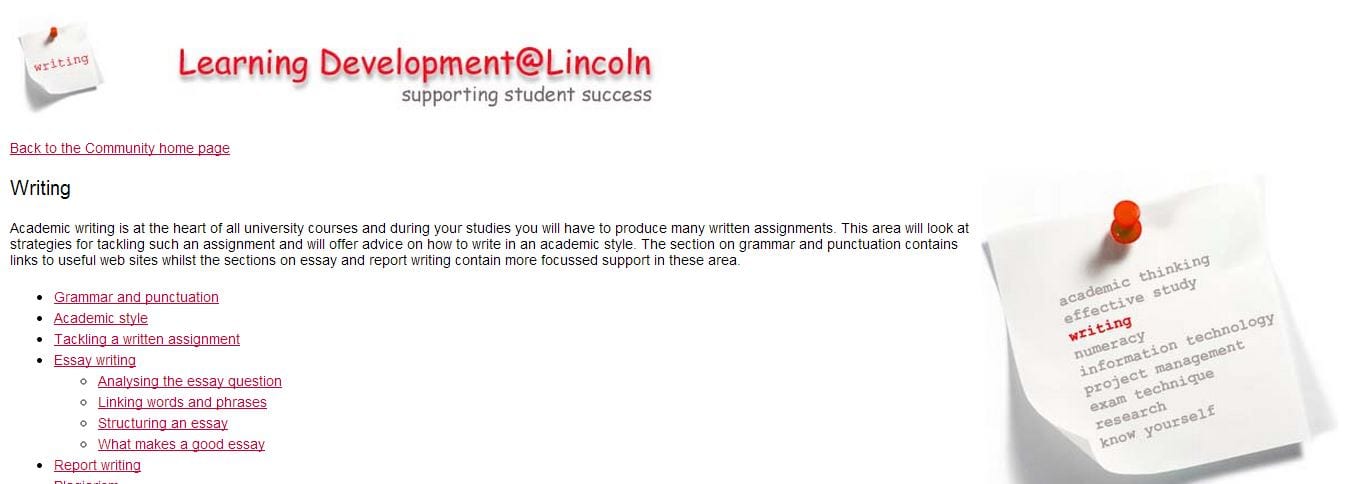Blogging is a bit like therapy. You bring it up and out and in theory leave it all behind. The synthesis of a problem’s component parts is a mix of catharsis and reflection. A mental tidying up of your neural drawers and networks. Drawing a line and moving on. I wish!
It’s day five of the #PhDPlan. Another fail. This is like naming and shaming. A verbal purge.
But stay with me. There is a happy ending.
I’ve thought this week about keeping a work diary. It’s like I feel guilty; worried it might look like I’m taking annual leave for – well, annual leave. Where does it come from? The continual need to justify my time – prove I really am ensconced with laptop, chasing the consequences of email. When I do stand up, I have to take care to manoeuvre around the paper piles which have reappeared on the floor. I don’t want another accident but am painfully aware (in the literal sense) the last time I made any progress was when my ankle was broken. My ‘trip-slip-snap’ experience was the last opportunity to make progress – sad but true. I haven’t really got back to it since. That was February. This weekend is August. There has to be a way to fit more hours into the day.

But a few more interviews and the data will all be safely gathered in. That’s progress and this is the breakthrough. I realise as I write how part of the problem is I’m looking forward rather than backwards. If you focus on how far there is to go you don’t see how far you’ve actually travelled.
Pat Cryer has good advice in the chapter ‘Keeping going when you feel like giving up’ in the excellent book The Research Student’s Guide to Success. Apart from the welcome empathy, the chapter helps put my problems into perspective. I’m not bored or disillusioned, I haven’t lost my way. I know good-enough is enough, no one has beaten me to it and – dare I say – there are no external emergency situations demanding my attention.
Best of all this is all in chapter 21 of 25 – that’s 20 chapters I’ve survived. The remaining ones are about thesis writing, the viva and afterwards (love the instruction to take a holiday – travel and disconnection always work well for me!)
So the process and practice of blogging works again. The alchemy of reflection in action. Using words to make the mental shift from where I am to where I need to be. This is do-able after all. I know I’m not on my own and there are others out there who are grappling with the challenge of part time postgraduate study. It will get better. You will survive. At the end of the day you’ll have your own little bulge on the circle of knowledge as Matt Might so wonderfully explains inhis pictorial representation and what’s more, it will have your name on it.
Monday is another week, so good luck to me, and good luck to you all too 🙂


